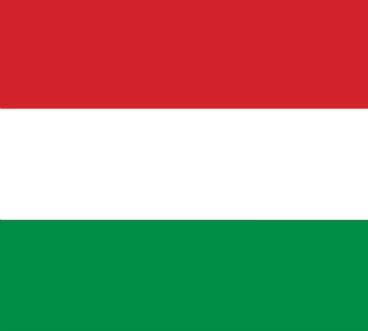The main purpose of the Commission’s visit to Budapest was to participate in the Seminar on Parliamentary Responsibility for Economic Development being co-sponsored by the Helsinki Commission, the Hungarian Parliament, the International Foundation for the Survival and Development of Humanity, and the Library of Congress. Additionally, members of the delegation discussed Hungary’s current political and economic situation with members of the Alliance of Young Democrats (FIDESZ), leaders of the Gypsy community, and U.S. business representatives.
Relevant Issues
Publication category

Helsinki Commission Advances Human Rights, Demands f...
Oct 19, 2023By Shannon Simrell, Senior Policy Advisor Between October 2-13, 11 Helsinki Commission staff joined approximately 1,400 representatives of OSCE participating States (pS) and civil society representatives in Warsaw, Poland in […]

Russia’s Alpine Assets: Money Laundering and S...
Jul 18, 2023Switzerland has for years been a primary destination for Russian money laundering and, since the Russian invasion of Ukraine, a weak link in Western sanctions enforcement. This Helsinki Commission hearing […]
Helsinki Commission Announces Briefing on US-Europe ...
Dec 12, 2022WASHINGTON—At a virtual kickoff event on December 13, Co-Chairman Cohen and Ranking Member Wilson launched the US-Europe Coalition on Russia Sanctions. NO SAFE HAVEN Launching the US-Europe Coalition on Russia […]
Cardin, Wicker Recognition of Romani Americans Clear...
Jun 10, 2022WASHINGTON—Helsinki Commission Chairman Sen. Ben Cardin (MD) and Ranking Member Sen. Roger Wicker (MS) lauded unanimous passage in the Senate Foreign Relations Committee Thursday of S. Res.124, the first official […]

European Energy Security Post-Russia
Jun 07, 2022Russia is weaponizing energy to prolong its unlawful invasion of Ukraine. Unfortunately, the sanctions that Europe and the United States have put in place have not been enough to curb […]
European Energy Security Focus of Upcoming Helsinki ...
Jun 02, 2022WASHINGTON—The Commission on Security and Cooperation in Europe, also known as the Helsinki Commission, today announced the following hearing: EUROPEAN ENERGY SECURITY POST-RUSSIA Tuesday, June 7, 2022 2:30 p.m. Watch […]
Cardin and Wicker Discuss July 2021 Congressional De...
Jul 21, 2021Mr. CARDIN. Madam President, I take this time to talk about the work of the U.S. Helsinki Commission in a recent opportunity we had to participate in the OSCE Parliamentary […]
Helsinki Commission Delegation Advances Priority Iss...
Jul 15, 2021WASHINGTON—Helsinki Commission Chairman Sen. Ben Cardin (MD) and Ranking Member Sen. Roger Wicker (MS) last week led a U.S. delegation to the 2021 OSCE Parliamentary Assembly (PA) Annual Session in […]
Tribute to Erika Schlager
Jun 21, 2021I want to acknowledge one individual who recently announced that she is retiring, Erika Schlager, after 34 years of service to the Commission and to the global community. Erika received […]

Helsinki Commission Commemorates 45 Years of Advanci...
Jun 03, 2021WASHINGTON—To commemorate the 45th anniversary of the Commission on Security and Cooperation in Europe, also known as the U.S. Helsinki Commission, on June 3, Chairman Sen. Ben Cardin (MD) and […]



